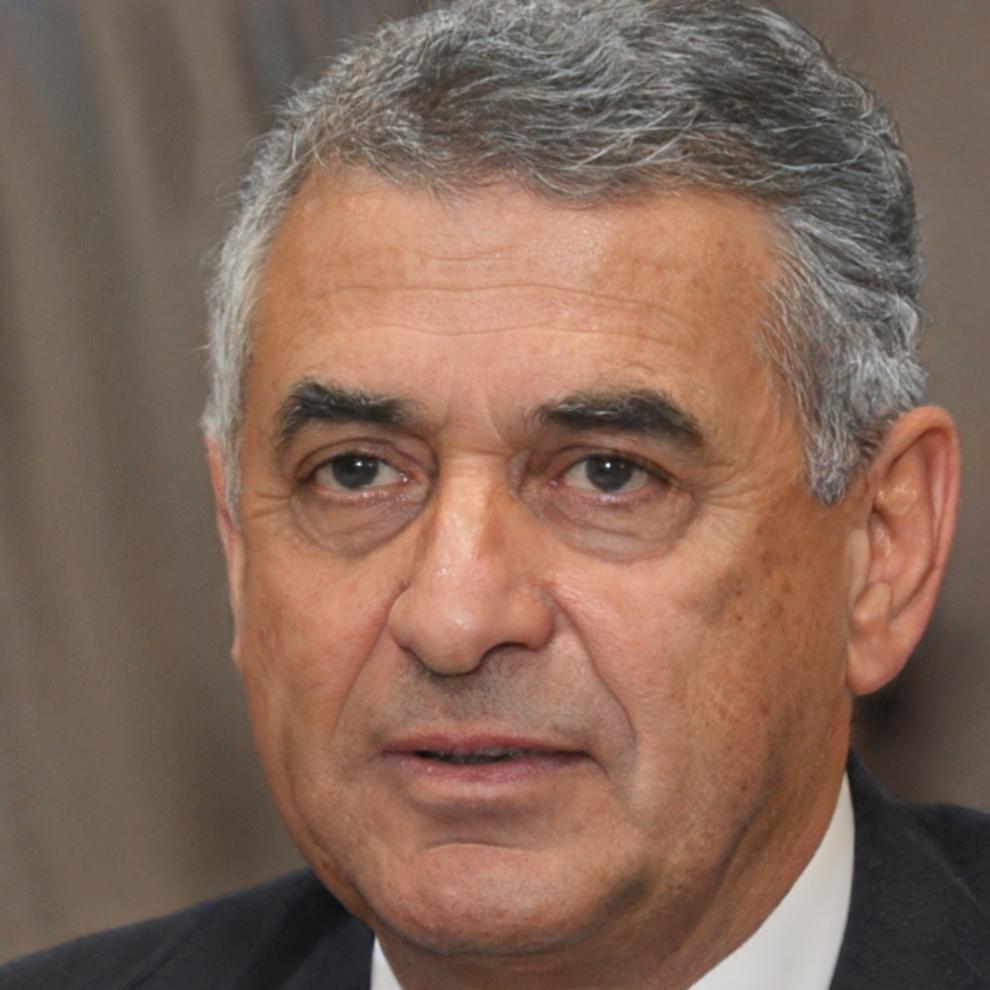Advanced Geopolitical Risk Training
Master the intersection of global politics and financial markets with our intensive certification programs starting September 2025.

2025-2026 Course Schedule
Three specialized tracks designed for different experience levels and career objectives. Each program combines theoretical frameworks with hands-on analysis of current global events.
Fundamentals of Political Risk Assessment
- Duration: 12 weeks
- Format: Hybrid (6 in-person + online)
- Prerequisites: Basic finance background
- Class size: Limited to 24 participants
- Time commitment: 8-10 hours weekly
Build core competencies in country risk evaluation, political event analysis, and regulatory change prediction. This foundation course covers essential frameworks used by major investment firms and multinational corporations.
Advanced Sanctions & Trade War Analysis
- Duration: 16 weeks
- Format: Intensive workshop series
- Prerequisites: 2+ years trading experience
- Class size: Limited to 18 participants
- Time commitment: 12-15 hours weekly
Deep dive into sanctions modeling, supply chain disruption analysis, and currency volatility prediction during trade conflicts. Real case studies from recent US-China tensions and Russia-Ukraine impacts.
Emerging Markets Political Volatility
- Duration: 14 weeks
- Format: Full online with live sessions
- Prerequisites: EM trading background
- Class size: Limited to 20 participants
- Time commitment: 10-12 hours weekly
Specialized focus on political transitions, election cycles, and institutional changes in developing economies. Covers debt crisis prediction, currency devaluation triggers, and capital flight patterns.




Why Taiwan-Based Training Matters
Our location in Taiwan provides unique insights into Asia-Pacific geopolitical dynamics. Students gain firsthand exposure to cross-strait tensions, semiconductor supply chain vulnerabilities, and regional alliance shifts that directly impact global markets.
Regional Conflict Modeling
Supply Chain Risk Assessment
Currency Intervention Strategies
Application Process
Our selective admission process ensures small class sizes and peer learning opportunities. Applications for September 2025 programs open in March 2025.
Initial Application
Submit background questionnaire and trading experience documentation
Case Study Review
Complete take-home analysis of recent geopolitical event and market response
Interview Process
Video interview discussing your background and program expectations